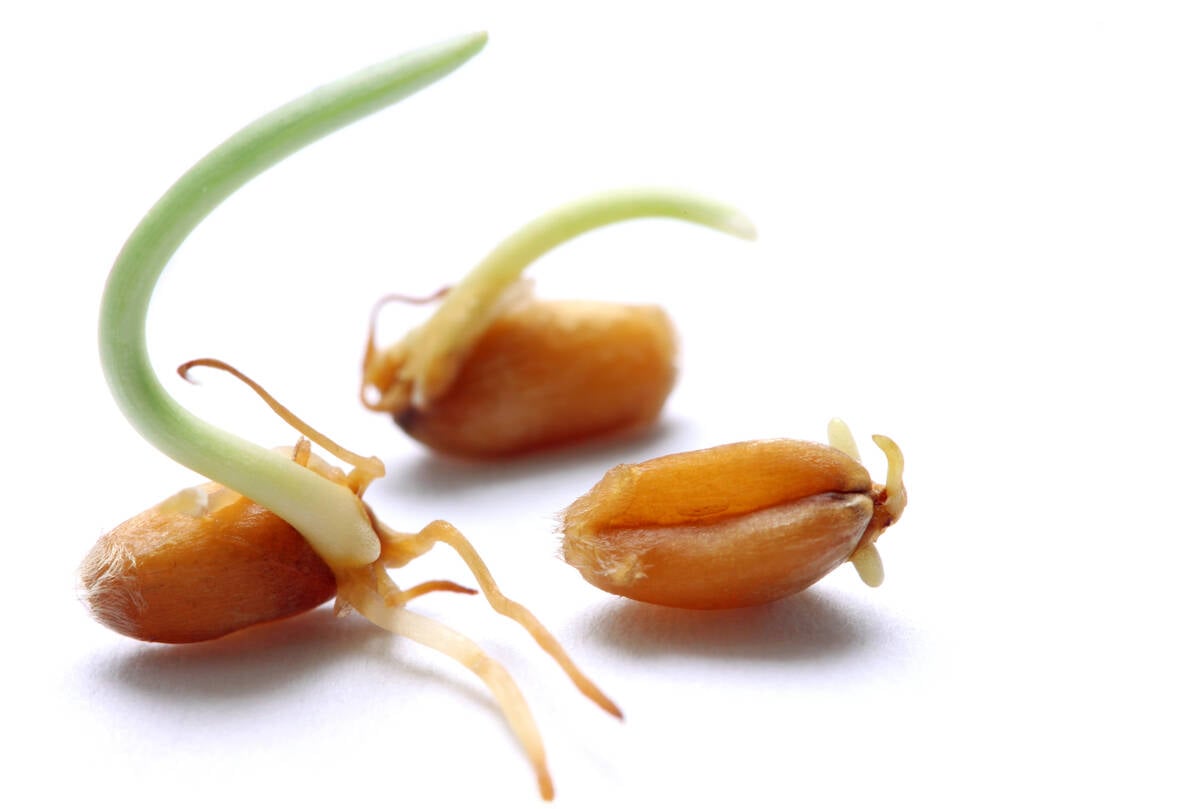REGINA (Staff) – The Keystone Agricultural Producers are still waiting to hear the federal government’s explanation of why fertilizer prices are climbing so dramatically.
“We haven’t got any information back yet,” said KAP president Leslie Jacobson.
KAP asked the federal agriculture department in 1994 to examine prices. At the time, some farmers were suspicious that fertilizer companies were gouging them when crop prices improved.
This year, even though natural gas prices are dropping, nitrogen fertilizer prices are rising. Producers want to know why, Jacobson said.
Read Also

Manitoba farmers fight sprouted wheat after rain
Rain in mid-September has led to wheat sprouting problems in some Manitoba farm fields.
“We aren’t making any assumptions (about a possible price gouge) up front,” he said. “We need some information first.”
High in comparison
But Doug Clark, manager of fertilizer marketing for Saskatchewan Wheat Pool, said prices now only appear high because of a slump in world fertilizer prices from 1985 to 1992.
“The factors that influenced the low prices that he’s familiar with was simply supply outstripping demand,” he said. “It was a severely depressed fertilizer market.”
Supply and demand are now closer to being balanced, Clark said.
Roger Larson of the Canadian Fertilizer Institute in Ottawa said the years of low fertilizer prices might have helped farmers, but they hurt fertilizer producers.
Many plants closed because of low prices, and remaining fertilizer producers shaved profits and didn’t recover depreciation costs, Larson said.
Now prices are better and fertilizer production is profitable again.
Larson suggested farmers should not be angry that fertilizer companies are profiting from the increase in demand and the comparative lack of fertilizer supply.
Fertilizer producers sell at the world price, just as farmers do, said Larson. Farmers are unlikely to turn down good prices for their products.















